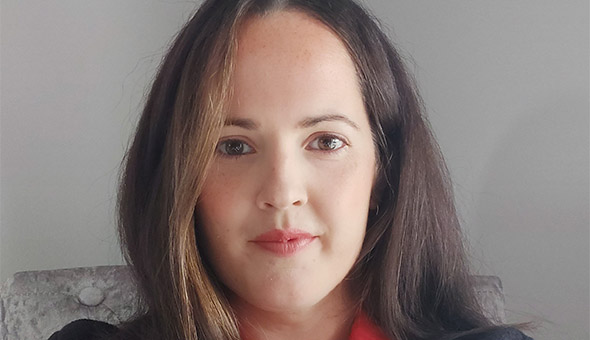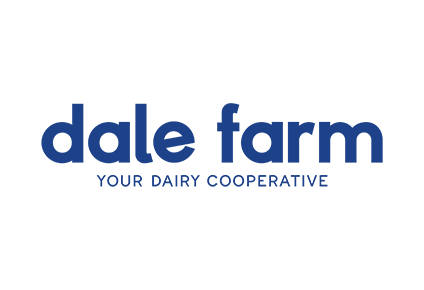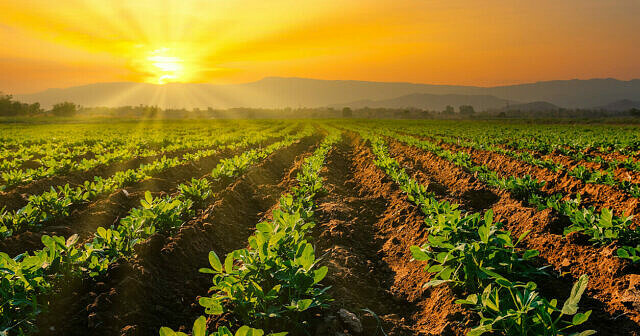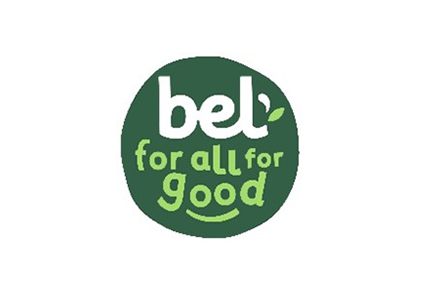ERBS Platforms demonstrate commitment to sustainable beef production
26th May 2021
***This interview is an extract from the SAI Platform Annual Report 2020. Go to the SAI Platform Annual Report 2020.***
Claire Donoghue has worked in the beef industry for more than 10 years. She is Chair of the ERBS and Operations Director and Head of Sustainability within OSI, one of the world’s largest privately-owned food providers.

You officially became Chair of the ERBS on 15 July 2020. Why were you keen to take on the responsibility?
I believe that if we want to have meaningful impact on the beef industry, we need to act as one body. OSI has actively supported the ERBS and the Global Roundtable for Sustainable Beef (GRSB) from the beginning to strengthen our sustainability efforts by working with a multitude of industry stakeholders to generate greater impact. Our sustainability team are keen to maintain this commitment so I was delighted to be offered the role of Chair and hope I can deliver what is needed by the members and the industry as a whole.
Why is the ERBS so important for OSI?
OSI operates across multiple European markets, therefore the ERBS makes complete sense from our point of view. The sustainability challenges that the beef industry faces are broad and can be complex but the ERBS demonstrates that OSI’s goals are part of a collective vision that’s easy to explain internally and, most important, externally to our customers and wider stakeholders.
Within the ERBS, we have a mandate to represent five constituencies: producers, allied industry, processors, retail and food service and civil society – which enables us to share expertise and insights from all aspects of the beef value chain and make informed decisions on the direction in which we need to be going. It really is a roundtable.
How long have you been part of the ERBS?
I was already a member of SAI Platform for three years before I became Chair. I’ve been involved with the ERBS right from its inception in 2018, looking in particular at the strategic direction. I was Chair of the ERBS Technical Working Group, which developed the outcome targets that we collaboratively work towards as a multi-stakeholder group. As well as developing measures to recognise national and local beef sustainability programmes, putting the structure in place, and establishing membership criteria.
What were your biggest challenges and achievements in 2020?
Since I became Chair, we’ve done a lot of work on developing a reporting mechanism to assess how platforms are meeting the outcome targets across the different regions.
We now have six countries in Europe that have completed materiality assessments and have established country-level platforms to work towards the ERBS targets. The reporting process that we have developed will allow us to measure and monitor progress towards these goals. This will also allow us to formally recognise the Platforms for their contribution towards a more sustainable beef industry under the ERBS. I think that this is the biggest achievement of the ERBS so far.
How about COVID-19?
While it obviously had an effect in terms of how we meet, we were lucky in that we had firm timelines. We wanted to have our full Board established, targets in place, and a formal recognition process agreed so we could focus on our plan for 2021, which is all about the actual work of the Platforms and moving forwards with new members.
Inevitably, COVID-19 forced us to adapt. For example, the ERBS itself has now become a large committed collective. The freedom technology has provided has allowed us to meet virtually to collaborate and achieve our work.
What have you enjoyed the most about 2020?
The interaction between different members is great. We’re quite unique in that we’re competitors talking in a pre-competitive environment. I thoroughly enjoy the way we share insights into different markets, thrash out ideas and ultimately end up with a process that has been thoroughly checked, verified, and scoped out by quite a diverse group of people across multiple countries.
How does 2021 look to you?
I think we’re in an excellent place heading into 2021. We have our strategy and our targets. Our process is in place, so we know what countries need to do and what they’re working on. We’re clear on how they report back to us. The first annual reporting deadline for the six existing platforms is April 2021. I’m looking forward to seeing what they’ve achieved.
We’ll be recruiting more members to the ERBS from more European countries which will benefit the group and the industry. I’m also excited about the prospect of closer collaboration with the GRSB as they work to draft goals for the global beef industry.


